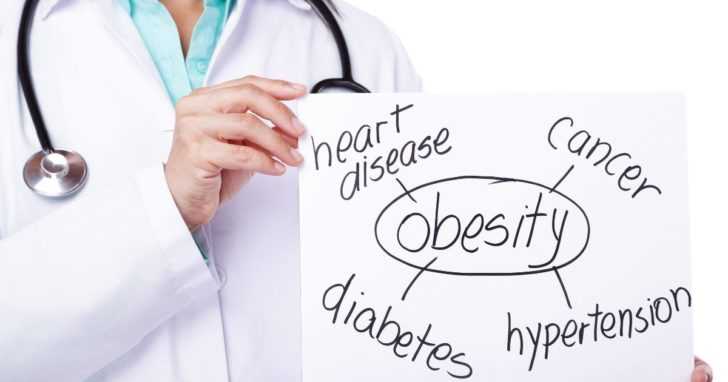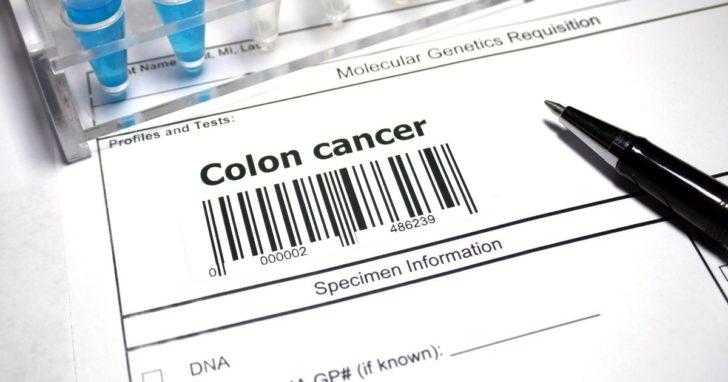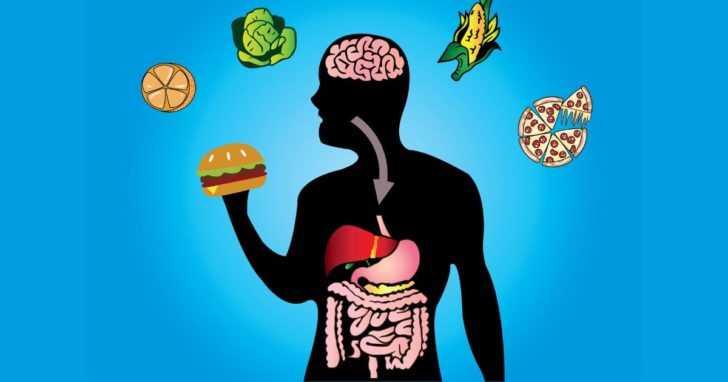A Growing Concern: Early-Onset Colorectal Cancer in Young Adults
In recent times, a worrying pattern has emerged in the health sector: an increasing number of young adults are being diagnosed with early-onset colorectal cancer. Despite significant progress in cancer research and treatment, this younger demographic faces a rising threat. This trend starkly contrasts with the overall decline in colorectal cancer rates over the past twenty years, which had initially suggested a hopeful trajectory in managing this disease.

Experts are delving into the complex causes behind this concerning surge among those under 50. It suggests a profound shift in environmental, lifestyle, or genetic factors affecting people born during the latter half of the 20th century. These younger individuals are now encountering risks that previous generations at the same age did not face, highlighting a pressing health issue that demands our immediate attention and response.
This article will thoroughly examine the factors contributing to the rise in early-onset colorectal cancer. We’ll investigate the lifestyle and environmental changes over recent decades that may be driving this increase, offering practical advice to help mitigate these risks.

Understanding Early-Onset Colorectal Cancer
Early-onset colorectal cancer refers to cases diagnosed in individuals younger than 50. This age boundary serves not only as a benchmark for research but also as an essential guide for screening recommendations. Traditionally, colorectal cancer was seen as a condition affecting older adults, but the rising incidence among younger populations has prompted a shift in scientific understanding and approach.
Differences from Later-Onset Colorectal Cancer
Colorectal cancers in younger adults often develop in the lower colon and rectum and are typically more aggressive, complicating treatment outcomes. Dr. Jeremy Kortmansky, a medical oncologist at Yale School of Medicine, explains that these cancers frequently exhibit more aggressive histological features. This aggressive nature often leads to diagnosis at more advanced stages in younger patients.
Common Symptoms in Younger Patients
Symptoms of early-onset colorectal cancer in young people can be easily mistaken for less severe gastrointestinal issues. Common signs include rectal bleeding and altered bowel habits, such as increased diarrhea or constipation. Many young adults dismiss these symptoms, attributing them to conditions like hemorrhoids or irritable bowel syndrome, which often results in delayed medical consultations and late diagnoses.
Exploring the Causes
Recent studies suggest that a “new exposure” emerging around the mid-20th century could be driving the increase in early-onset colorectal cancer. Rebecca Siegel, senior scientific director of surveillance research at the American Cancer Society, posits that lifestyle, environmental, or other less visible changes from that period might be implicated. Identifying these changes is critical, as they appear to disproportionately affect younger generations.

Key Lifestyle and Dietary Risk Factors
Diet and lifestyle significantly influence digestive health. Over recent decades, the Western diet has seen a rise in processed foods and sugars, particularly high-fructose corn syrup, which gained prevalence in the 1970s. This sweetener has been linked to numerous health problems, including obesity and metabolic disorders, both of which are risk factors for colorectal cancer.
Additionally, a sedentary lifestyle, another modern epidemic, greatly increases cancer risk, including that of the colon and rectum. Physical inactivity contributes to poor general health and a higher likelihood of developing various cancers.
Early-Life Exposures
The environments and conditions we are exposed to early in life can have lasting effects on our cancer risk. For example, increased antibiotic use and processed food consumption may alter gut microbiota, potentially increasing susceptibility to diseases like colorectal cancer.
A 2022 study in the Journal of Clinical Oncology highlights dietary and lifestyle changes beginning in the 1950s as significant contributors to the current increase in cases. The cumulative impact of early-life exposure to new dietary components and lifestyle shifts may take decades to manifest as cancer, explaining the recent surge among younger adults.

The Role of Genetics and Obesity
Genetics significantly influence the risk of developing early-onset colorectal cancer. A family history of the disease markedly increases an individual’s likelihood of diagnosis. Dr. Jeremy Kortmansky notes that early-onset colorectal cancer often appears in younger patients with a family history of the disease, suggesting that inherited genetic mutations or shared environmental factors could play a role.
The Impact of Obesity and Hormonal Changes
Obesity is a known risk factor for many cancers, including colorectal cancer. The link between obesity and increased cancer risk may stem from hormonal changes, such as elevated insulin levels and insulin-like growth factors that promote cell growth. Dr. Kortmansky explains that these hormonal shifts create a cancer-favorable environment. Moreover, fat tissue produces adipokines, leading to chronic inflammation, another cancer risk factor.

Research shows a strong connection between obesity and early-onset colorectal cancer. A large prospective study published in JAMA Oncology involving over 85,000 women found that being overweight raises the risk of early-onset colorectal cancer by 37%, while obesity nearly doubles it, increasing the risk by 93%. These findings underscore the significant impact body weight has on cancer risk in young adults.
Prevention and Early Detection
Early screening for colorectal cancer is a powerful tool, particularly for those at higher risk due to genetic or lifestyle factors. Acknowledging the rising incidence among younger adults, the American Cancer Society has recently lowered the recommended starting age for screening from 50 to 45. This change aims to detect the disease earlier, improving treatment outcomes.
Adopting a healthy lifestyle is one of the most effective ways to reduce the risk of colorectal cancer. A diet rich in fruits, vegetables, and whole grains, with reduced intake of processed meats and sugary foods, can significantly decrease risk factors. Regular physical activity is also crucial for maintaining a healthy weight and reducing inflammation, both of which lower cancer risk.

Screening Methods
- Stool Tests
- Advantages: Non-invasive and can be done at home. Effective in detecting hidden blood, an early sign of polyps or colorectal cancer.
- Disadvantages: Less accurate; positive results require follow-up with more invasive tests like colonoscopies.
- Colonoscopy
- Advantages: Considered the gold standard, allowing visual examination and polyp removal during the procedure.
- Disadvantages: More invasive, requires preparation such as fasting and bowel-clearing solutions, and carries small risks of complications.
Choosing a screening method should be a decision made with healthcare providers, considering personal risk factors and preferences.

Comprehensive Tips for Prevention
Adopting proactive health measures can significantly lower the risk of early-onset colorectal cancer. Here are some detailed dietary and lifestyle recommendations:
Dietary Recommendations
- Increase fiber intake: Include fiber-rich foods like fruits, vegetables, whole grains, and legumes.
- Limit red and processed meats: Opt for lean proteins like poultry, fish, or plant-based alternatives.
- Incorporate more calcium and vitamin D: Consume calcium-rich foods and ensure adequate vitamin D from sunlight or supplements.
- Avoid excessive alcohol and quit smoking: Both are linked to increased colorectal cancer risk.
Lifestyle Changes
- Stay physically active: Aim for at least 150 minutes of moderate aerobic activity weekly.
- Maintain a healthy weight: Achieving and maintaining a healthy weight through diet and exercise reduces cancer risk.
- Manage stress: Utilize techniques like meditation and regular physical activity.

The Importance of Regular Screenings and Family Medical History
Understanding the importance of regular screenings and family medical history is critical. High-risk individuals should adhere to screening guidelines tailored to their personal risk factors. Colonoscopies are especially effective as they can detect and remove polyps early.
Awareness of your family’s medical history can influence screening start times and frequency. For those with a family history of colorectal cancer, starting screening procedures earlier is often recommended.
Take Charge of Your Health
The increasing incidence of early-onset colorectal cancer among young adults highlights the urgent need for awareness and proactive measures. This article explored how lifestyle and environmental changes since the 1950s may contribute to this trend. We’ve also discussed the roles of genetics, obesity, early detection, and lifestyle modifications.
Regular screening and healthy lifestyle choices are essential in reducing colorectal cancer risk. Being informed and proactive about health can significantly impact prevention and early detection, leading to better outcomes and healthier lives.

